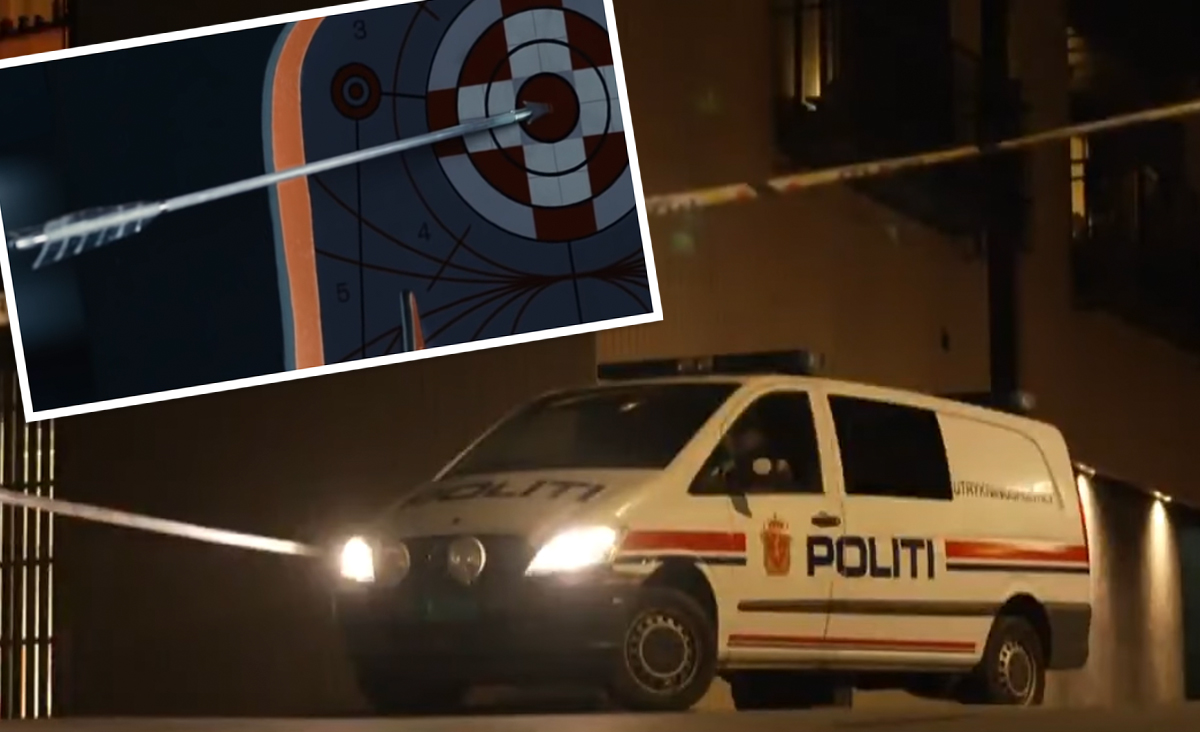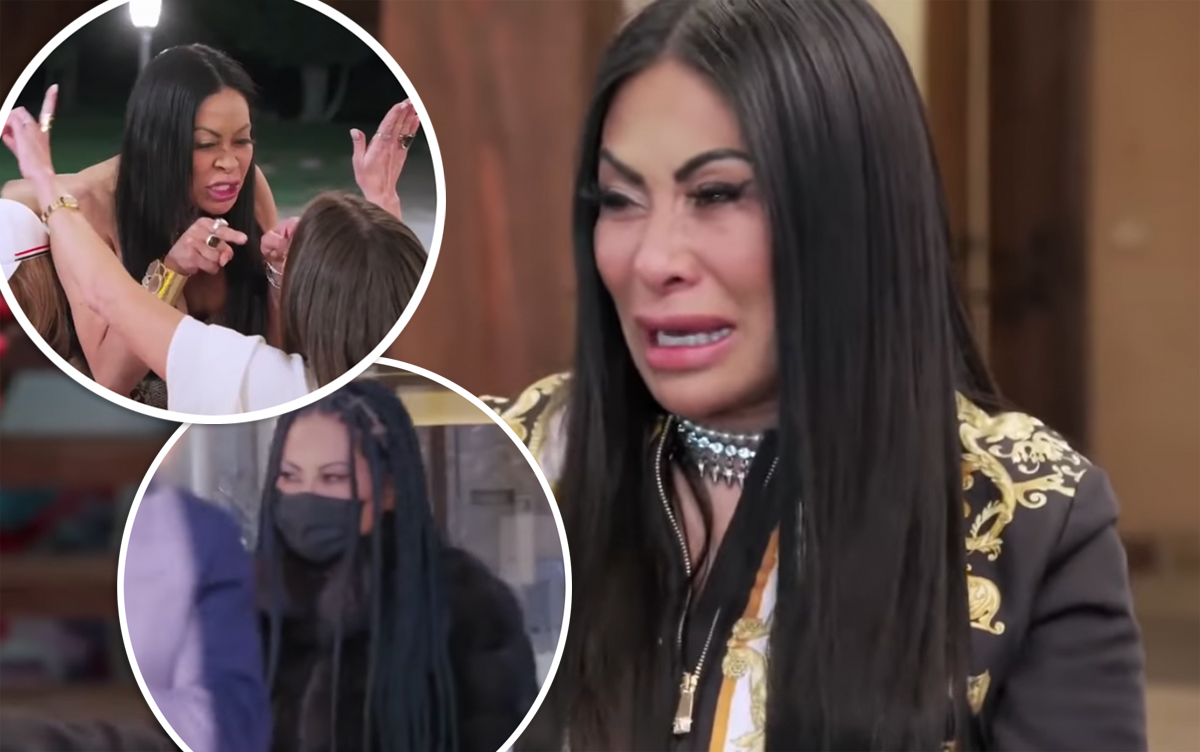#‘Last Call: When a Serial Killer Stalked Queer New York’ Review: HBO Docuseries Pays Powerful Tribute to Lives Lost

Table of Contents
It can be so easy, in a serial killer story, to lose sight of all but the nastiest details. Understandably so: The murders are of course shocking, the details sensational, the killer inherently bizarre and the race to find them urgent. But amid all that horrified leering, the lives destroyed can get erased a second time. They’re turned into sidenotes and details, objects to be acted upon rather than worthy subjects in their own right.
The triumph of HBO’s Last Call: When a Serial Killer Stalked Queer New York is how deftly it flips that balance. It’s a rare true-crime docuseries whose attention is turned not toward death but toward life — that cares more about who the victims were, the people who cherished them, the communities that embraced them and the histories that claimed them, than about how they were snuffed out. This line of inquiry yields righteous anger and unspeakable sorrow; it also taps into love and courage and a determined sense of hope. Along the way, it transforms Last Call from a simple retelling into a powerful act of reclamation.
Last Call
The Bottom Line
A moving act of reclamation.
Airdate: 9 p.m. Sunday, July 9 (HBO)
Executive producers: Anthony Caronna, Howard Gertler, Liz Garbus, Dan Cogan, Jon Badin, Kate Barry, Elon Green, Charlize Theron, Beth Kono, AJ Dix, Matt Maher, Nancy Abraham, Lisa Heller, Tina Nguyen
Straightforwardly, the four-part, four-hour docuseries centers on four killings that took place around the New York metro area between 1991 and 1993. All the targets — Peter Anderson, Thomas Mulcahy, Anthony Marrero, Michael Sakara — were gay men picked up in Manhattan one evening only to turn up hours or days later as severed body parts in roadside trash cans outside the city. Director Anthony Caronna (FX’s Pride) retraces the investigations step by step, through interviews with the officers who worked the cases back then, and who even now seem to recall them as uniquely horrifying. I don’t suppose it’s a spoiler to say the killer is eventually identified, or that the final episode follows the case through to the arrest, the trial and the verdict.
But I also suspect it’s no surprise that it takes the cops an infuriatingly long time to get there — nor that the deeply ingrained homophobia of law enforcement specifically and American society more broadly is what slows them down. “Why is the emphasis on the gay part?” a Pennsylvania cop asks Caronna at one point. As far as the authorities are concerned, “The gay thing wasn’t really relevant to the investigation other than finding out who might kill him, and where he hung out.” Presumably, the cops mean to head off any suggestion that they would’ve taken Anderson’s case more seriously if he’d been straight. Instead, the comment highlights how little the police understood (or cared to understand) about the communities they were meant to be investigating, or about the justified anger and distrust those populations might harbor against them.
Last Call ensures viewers won’t suffer from the same cluelessness, however. Archival footage lays out on one hand the virulent cruelty of Anita Bryant’s anti-gay speeches and the unabashed homophobia of law enforcement leaders sneering that sodomy is a crime, and the rage of AIDS protests and the pleasures of queer nightlife on the other. Activists like Bea Hanson and Matt Foreman (both formerly of the NYC Anti-Violence Project) and reporters like Duncan Osborne (from Gay City News) remember being flooded with reports of hate crimes, and the hostile indifference of establishments like the NYPD or the mainstream media toward them. (A smattering of more recent clips connect those old prejudices to the anti-gay, anti-trans sentiment bubbling back up today, though Last Call correctly assumes most audiences can make the connection on their own.) It matters that the interviewees tend to be ones who were on the ground in the early ’90s. Anyone with a basic knowledge of queer history might be able to recite facts and statistics; these particular experts’ firsthand knowledge turns them personal and immediate.
This is even truer of Last Call‘s sit-downs with the bereaved. The series manages the trick of feeling patient but not slow. It lingers with Anderson’s ex as he wistfully recounts “the first night there was hanky-panky” between them. It catches the grief, still raw, of another victim’s high-school sweetheart as she describes a photo he’d sent her as a token of his love. It clocks what’s not being said when Marrero’s big brother still cannot bring himself to acknowledge that Anthony was a gay sex worker — and how much that silence now weighs on Antonio, Anthony’s bisexual Gen Z nephew.
It leans in as Ceyenne Doroshow (now best known as the founder of GLITS, or Gays and Lesbians Living in a Transgender Society) relays memories of Anthony teaching her about concealer, or sharing meals and Monopoly games at her house. Until Caronna texted her, she reveals, she hadn’t even known Anthony was dead — she’d spent decades wondering where he’d gone. “In my life, people disappeared a lot, for several reasons: HIV and AIDS, domestic violence, just being murdered, John Doe,” she says. This heartbreaker of a line is perhaps the series’ most succinct illustration of how easily an Anthony might slip through the cracks.
And it was around then, near the end of the second episode, that I realized I almost didn’t care to know what happened next. Last Call does eventually get around to the usual questions of who killed these people and how and why, but by that point they play almost as an afterthought. Almost no time is wasted on analysis of how the murderer got to be who they were or why they did what they did, and I can’t say I missed it. Instead, I found myself wanting to hear more about the tight-knit crew of regulars who’d listen to Sakara close out his favorite bar with his favorite song every night, or to imagine the bond Mulcahy’s daughter, 18 at the time of his death, could have developed with him in adulthood.
All these men’s stories are truncated by death; it’s the whole reason we’re hearing about them to begin with. Last Call‘s great act of service is conjuring them so vividly, and with so much care, that you can almost make out the outlines where their lives should be burning still. In the end, what we’re left with is not the shock of their brutal demises, but the ache of their absences — accompanied by a healthy frustration toward the institutions that failed them, and are failing people like them to this day.
No piece of art can bring back the souls who were lost. But this one does what it can to return them to the friends and families and communities who loved them once, and who miss them still.
If you liked the article, do not forget to share it with your friends. Follow us on Google News too, click on the star and choose us from your favorites.
For forums sites go to Forum.BuradaBiliyorum.Com
If you want to read more Like this articles, you can visit our Social Media category.



